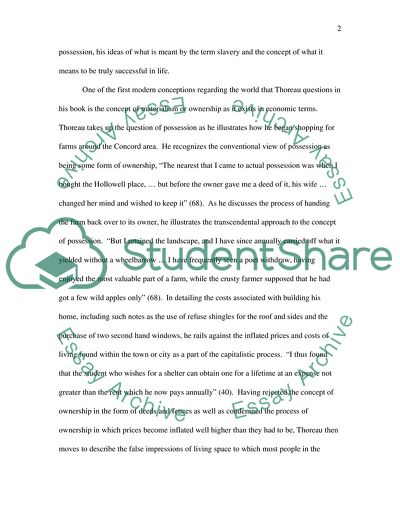Cite this document
(The Concept of Transcendentalism Coursework Example | Topics and Well Written Essays - 1250 words, n.d.)
The Concept of Transcendentalism Coursework Example | Topics and Well Written Essays - 1250 words. Retrieved from https://studentshare.org/philosophy/1709634-walden-essay
The Concept of Transcendentalism Coursework Example | Topics and Well Written Essays - 1250 words. Retrieved from https://studentshare.org/philosophy/1709634-walden-essay
(The Concept of Transcendentalism Coursework Example | Topics and Well Written Essays - 1250 Words)
The Concept of Transcendentalism Coursework Example | Topics and Well Written Essays - 1250 Words. https://studentshare.org/philosophy/1709634-walden-essay.
The Concept of Transcendentalism Coursework Example | Topics and Well Written Essays - 1250 Words. https://studentshare.org/philosophy/1709634-walden-essay.
“The Concept of Transcendentalism Coursework Example | Topics and Well Written Essays - 1250 Words”, n.d. https://studentshare.org/philosophy/1709634-walden-essay.


